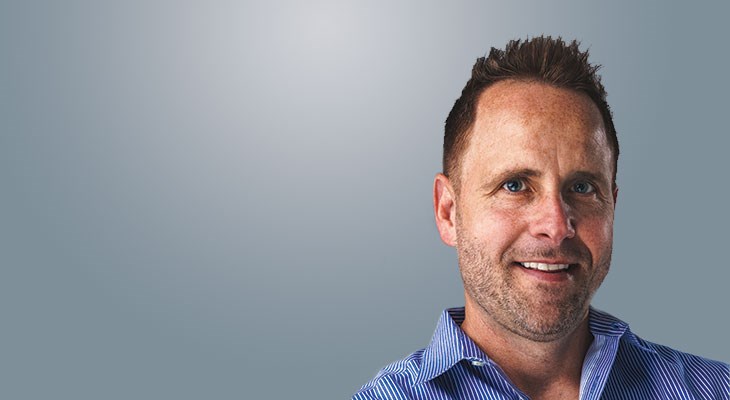When Michael Blair and his wife Jennifer founded Deka Lash in 2011, the reaction from Pittsburgh was raised eyebrows and roadblocks. He visited universities and incubators about funding and potential investment in the eyelash extension business.
“They couldn’t get their arms around this concept of eyelash and retail. It was just a really difficult thing to explain,” says Blair, who compares it to software as a service because of its recurring revenue model with customers who can buy a subscription.
“We really struck out when it came to talking to my network or the community here,” he says. “They wanted to invest in technology or AI-based companies.”
Today, the momentum has swung. With 60 franchise locations across the country and a parent company, Look Good Brands LLC, that bought a boxing company in July, investors are now knocking on Blair’s door.
Bootstrapping
In the beginning, Deka Lash was self-funded through personal loans and credit cards. Blair still had a full-time job and the couple did everything to put money back into the business.
Four years later, Deka Lash — which Jennifer named after daughters, Demi and Karli — was dominating the Pittsburgh market with a huge customer base, Blair says.
“We decided in 2015 that we were going to franchise the business,” he says. “If this could work in Pittsburgh, which was not the beauty capital of America by any means, we could take this into other markets.”
Once again, Blair shook every tree in town, asking who had experience in franchising. He eventually met Carnegie Mellon University business professor Chris Cynkar, who was a proponent of franchising and helped him get in touch with potential investors outside of Pittsburgh.
Blair did a small friends and family round to help get everything set up for franchising.
“We started selling quickly and the concept, it just really took off from there,” he says. “We were fortunate that we were able to take that couple hundred thousand dollars and really turn it into something big.”
Scaling up
The first franchise was in Salt Lake City. While it’s a big Mormon town, Blair says there’s also a lot of technology and innovation, along with a number of beauty-based companies.
“When we flew there to meet with this couple and talk to them about owning a Deka Lash, I didn’t think that we stood a chance, quite honestly, to sell our first franchise there,” he says. “But it worked out great and they’ve been an awesome franchisee power couple for us.”
Deka Lash is now in 24 states and Canada, with 10 locations in Pittsburgh. The plan is to have 300 locations within the next three years.
In order to grow the infrastructure to support its locations, the company has 50 employees and 10,000 square feet of office space in Pittsburgh. It takes about eight months to open a location after a franchise agreement is signed, so Blair says they can grow the employee headcount as needed.
Along the way, Deka Lash also did a second round of financing with the same investor pool to keep the momentum going and continue to scale the business.
Building a portfolio
After his experience trying to sell investors on a beauty concept, Blair wants to help others who are looking to accelerate their growth. Look Good Brands is the result.
“This was an effort to put together a parent company that will be the place for these types of emerging brands to go to, to allow for infrastructure, financing, operational support,” he says.
Blair feels there are companies in beauty, health and fitness that could fit under the Look Good Brands umbrella, businesses with recurring revenue streams, passionate consumers and a strong membership base.
The first purchase was Salt Lake City-based Legends Boxing, which has five locations. Its 60 percent female customer base was a benefit, because of Deka Lash’s experience with that demographic.
While Blair had sold two Pittsburgh companies, this was his first time buying a business. Fortunately, he had a good law firm to help make sure the deal was put together properly.
However, Blair underestimated how long the transaction would take.
“We thought because this was a fairly clean transaction, there wasn’t debt on the company, it was pretty cut and dry, that we could get in and get out with this the transaction in 30 days,” he says. “It took us more like four months to do the deal.”
Blair says he wants to look for more acquisitions in 2020 to start building a solid portfolio.
“From a capital side, we’ll probably need to raise a fund to continue what we want to do in the coming years,” he says, adding that right now he’s an investor along with some other initial investors.
Once you have a good concept that continues to be proven, there’s capital out there, he adds.




